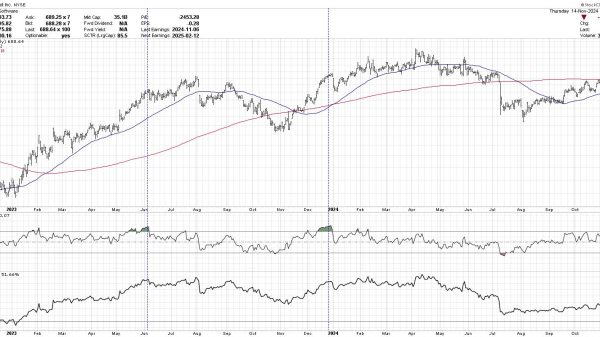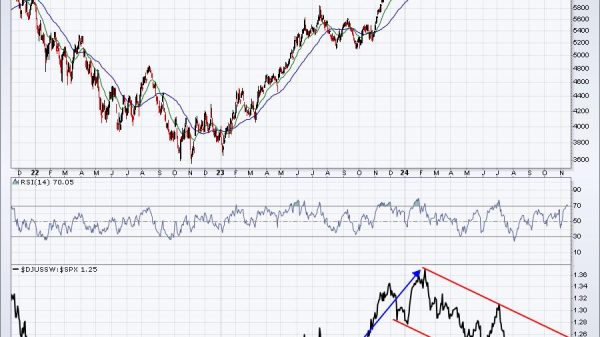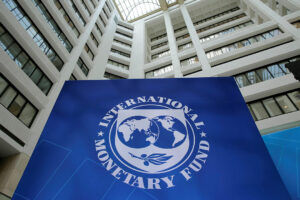WASHINGTON — A severe fragmentation of the global economy after decades of increasing economic integration could reduce global economic output by up to 7%, but the losses could reach 8–12% in some countries, if technology is also decoupled, the International Monetary Fund (IMF) said in a new staff report.
The IMF said even limited fragmentation could shave 0.2% off of global GDP, but said more work was needed to assess the estimated costs to the international monetary system and the global financial safety net (GFSN).
The note, released late Sunday, noted that the global flows of goods and capital had leveled off after the global financial crisis of 2008–2009, and a surge in trade restrictions seen in subsequent years.
“The COVID-19 pandemic and Russia’s invasion of Ukraine have further tested international relations and increased skepticism about the benefits of globalization,” the staff report said.
It said deepening trade ties had resulted in a large reduction in global poverty for years, while benefitting low-income consumers in advanced economies through lower prices.
The unraveling of trade links “would most adversely impact low-income countries and less well-off consumers in advanced economies,” it said.
Restrictions on cross-border migration would deprive host economies of valuable skills while reducing remittances in migrant-sending economies. Reduced capital flows would reduce foreign direct investment, while a decline in international cooperation would pose risks to provision of vital global public goods.
The IMF said existing studies suggested that the deeper the fragmentation, the deeper the costs, with technological decoupling significantly amplifying losses from trade restrictions.
It noted that emerging market economies and low-income countries are likely to be most at risk as the global economy shifted to more “financial regionalization” and a fragmented global payment system.
“With less international risk-sharing, [global economic fragmentation] could lead to higher macroeconomic volatility, more severe crises, and greater pressures on national buffers,” it said.
It could also weaken the ability of the global community to support countries in crisis and complicate the resolution of future sovereign debt crises. — Reuters























